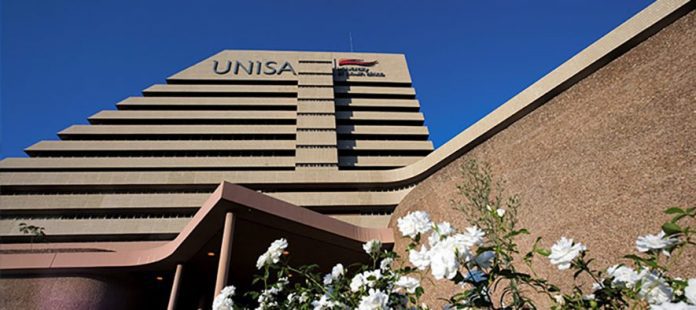By Mosibudi Mangena
Some of us were alarmed and saddened by stories circulating in various media outlets in recent weeks about alleged wrong-doings at the University of South Africa, Unisa. The alarm deepened into shock when important personalities, such as its former vice-chancellor, Prof Barney Pityana, alluded to a possible collapse of the university.
This follows the release of a report commissioned by the minister responsible for higher education, which painted a picture of ineptitude, maladministration, conflict, and cavalier handling of the assets of the university by the leadership of the institution, including the council and the vice-chancellor.
Every patriotic South African should be worried by the apparent decline in the prestige of Unisa, but a collapse should induce earthquakes in our heads.
You see, Unisa is not only the largest university in our country with an enrollment of just under 400, 000 students, but it is also the oldest. It midwifed most of our universities and nurtured them to maturity and autonomy. Unisa has students in over 130 countries around the globe.
Unisa caters for the higher educational needs of students in ordinary, pleasant and difficult circumstances. Students whose circumstances, including inadequate financial resources, family responsibilities or lack of space at contact universities, have been able to pursue their studies through Unisa.
Many students who were expelled en masse or walked out of universities in 1972 as a result of the student and political activist Onkgopotse Tiro affair at the University of the North (Turfloop), now University of Limpopo, continued their studies with Unisa.
Those of us who found ourselves on Robben Island because of our political activism, studied through Unisa in that prison, including former deputy chief justice Dikgang Moseneke, who distinguished himself on the bench.
After my collision with the University of Zululand authorities due to my involvement with the militant South African students’ Organisation(Saso) which led to my ejection from the institution, I continued my studies with Unisa, finishing a B.SC degree, B.SC Honours and finally an M.SC in applied mathematics. All these while on Robben Island, under banning orders or in exile in Botswana and Zimbabwe. This is how versatile Unisa is in its reach to students in varied circumstances.
In a particularly touching gesture, Unisa organised a special symbolic graduation ceremony to afford an opportunity for all those who could not graduate in person due to imprisonment, banning orders or exile, to do so in person.
In addition to being the biggest university of its type on the African continent, it is also headed by an African woman, Professor Puleng LenkaBula, for the first time in its long and distinguished existence.
The point here is that the fate of Unisa cannot just be left to the minister responsible for higher education and the current vice-chancellor, its council and senate. Its size, history, prestige, symbolism, and place in the configuration of tertiary education in this country are such that all patriotic citizens of this country should ensure that Unisa does not only survive, but that it goes from strength to strength.
Most of us are familiar with the drill in as far as the handling of universities in distress in South Africa is concerned: people in leadership positions are sanctioned one way or the other; the institution is put under administration for a period until it is deemed to be rehabilitated, and then returned to normal governance.
Considering the special history and status of Unisa, we should all make sure the institution is protected. Even if the usual drill is followed, other concomitant measures should be taken to ensure that the prestige and special place of the institution has in our history are recognised and preserved.
- Mangena is a former cabinet minister and former president of Azapo
Follow @SundayWorldZA on Twitter and @sundayworldza on Instagram, or like our Facebook Page, Sunday World, by clicking here for the latest breaking news in South Africa.



